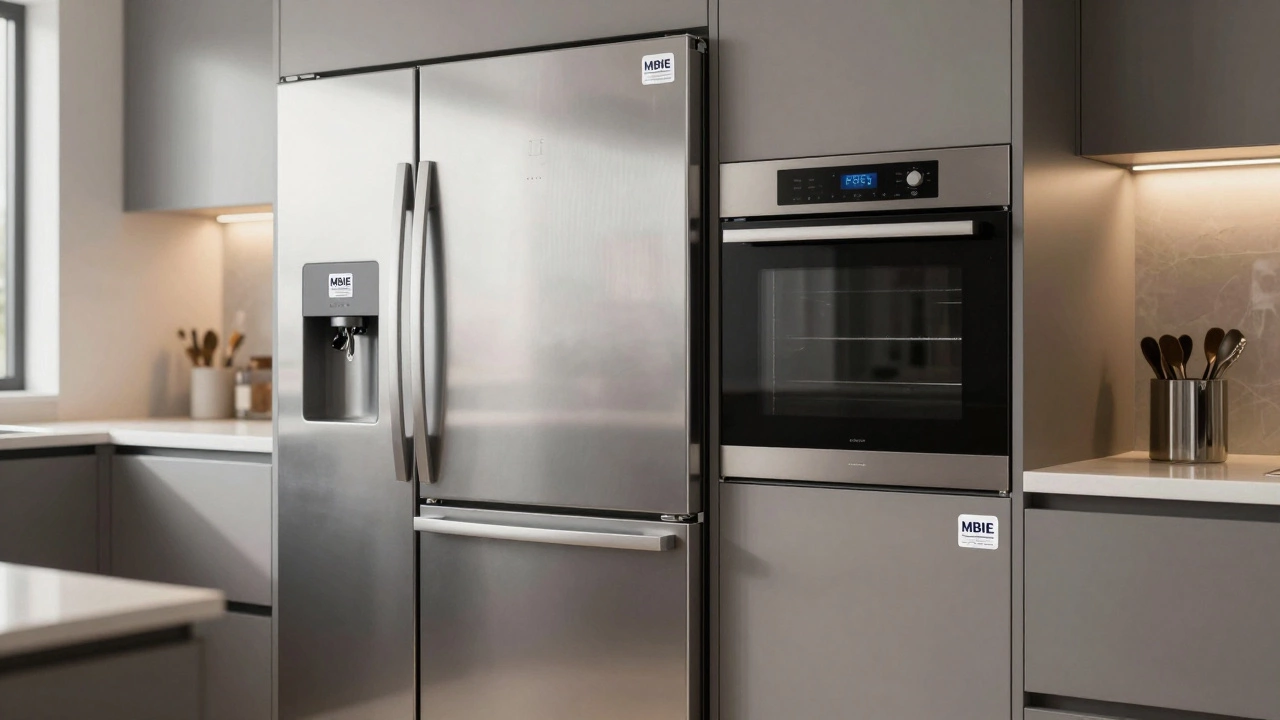
An appliance is a machine designed for routine household tasks like cooking, cleaning, or cooling. Understanding what qualifies as an appliance helps you make smarter repair, insurance, and buying decisions.
When you hear the word “appliance,” you probably picture a fridge or a washing machine. But the term actually covers a lot more. In everyday use, an appliance is any device that uses electricity or gas to help you do a household task. That means everything from your microwave to your boiler falls under the same umbrella.
Understanding the definition matters because it tells you what kind of service you need, what warranties might apply, and how to keep each item running smoothly. It also helps you decide whether something is worth repairing or better replaced. Below we break down the most common appliance groups and give you quick tips to keep them in top shape.
Major appliances are the big‑ticket items you’ll find in the kitchen, laundry, or heating area. Think refrigerators, ovens, dishwashers, washing machines, dryers, and boilers. These units typically require professional installation and regular servicing to stay efficient.
Small appliances include countertop gadgets like toasters, coffee makers, blenders, and electric kettles. They’re easy to move and often have simple troubleshooting steps you can try yourself before calling a repair tech.
Specialty appliances cover things like hobs, extraction fans, and even advanced smart devices that control temperature or humidity. While they might look like small appliances, they often have electrical or gas components that need a qualified professional.
Every category shares a common need: regular maintenance. A neglected fridge can lose cooling power, a dusty oven can overheat, and a clogged fan motor can reduce airflow. Knowing which group an item belongs to helps you pick the right service plan.
First, read the user manual. It usually lists cleaning schedules, filter changes, and warning signs of wear. For example, most ovens advise you to check the heating element every few years, while boilers need an annual safety inspection.
Second, spot‑clean after each use. Wipe down the inside of your fridge, clear lint from dryer vents, and remove food debris from dishwasher filters. These small steps prevent bigger problems like frost buildup or fire hazards.
Third, schedule professional checks. A yearly boiler service, a bi‑annual oven inspection, or a quarterly fan motor cleaning can catch issues before they cost you a fortune. Certification matters – look for Gas Safe engineers for gas appliances and qualified electricians for electric units.
Finally, know when to repair and when to replace. If a five‑year‑old washing machine needs a new drum, the repair cost may be close to buying a new one. On the other hand, a ten‑year‑old stove with a cracked glass hob might be worth fixing if the rest of the unit works fine.
By treating every device that helps you cook, clean, or heat as an appliance, you make smarter decisions about care, service, and budgeting. Whether you’re dealing with a boiler, an oven, or a simple toaster, the same principle applies: understand the definition, follow basic maintenance, and call a professional when needed.

An appliance is a machine designed for routine household tasks like cooking, cleaning, or cooling. Understanding what qualifies as an appliance helps you make smarter repair, insurance, and buying decisions.

Unpacking what really makes something an 'appliance'—from toasters to washing machines—plus useful facts and expert tips to help you spot, buy, and maintain them.